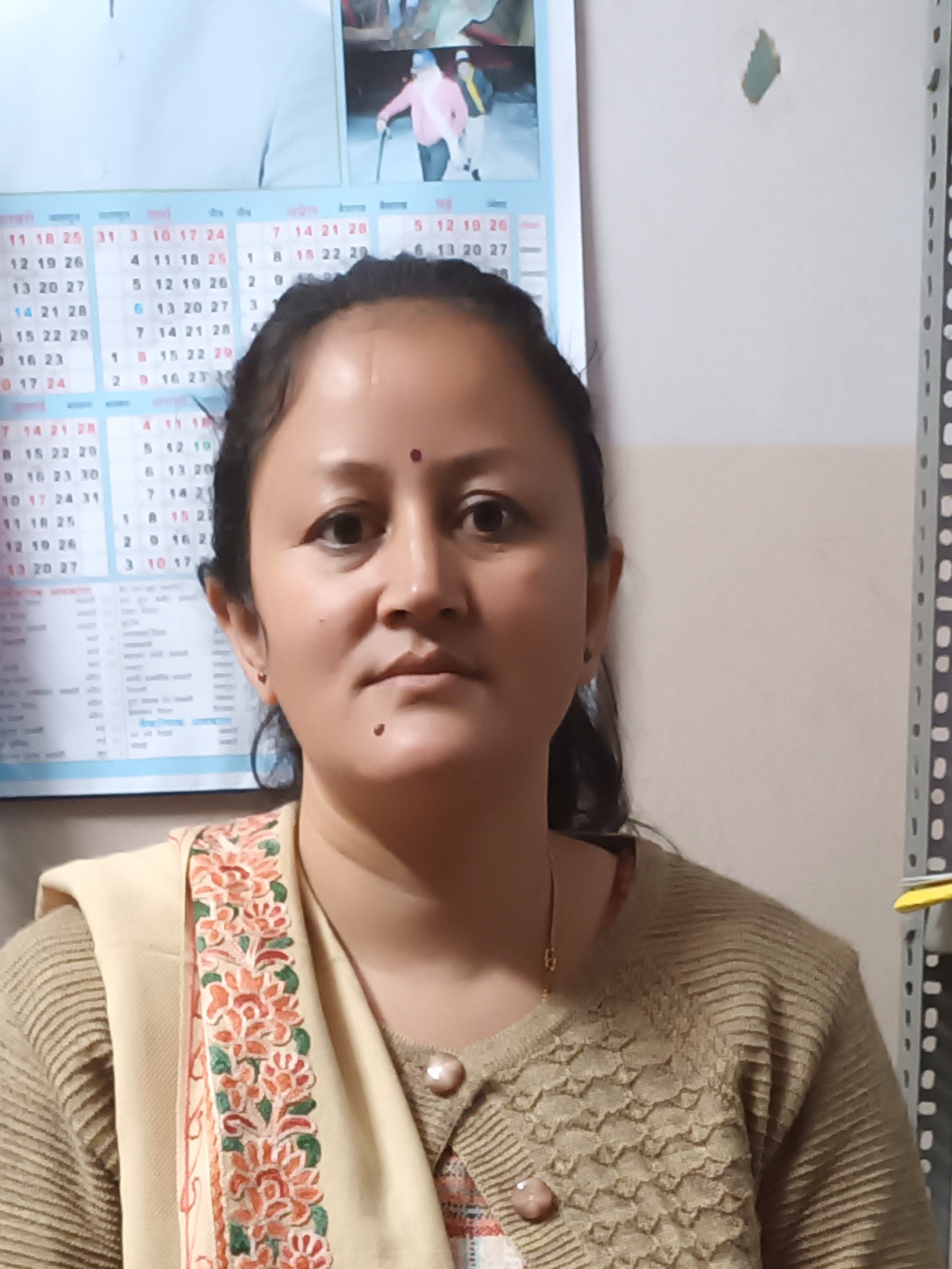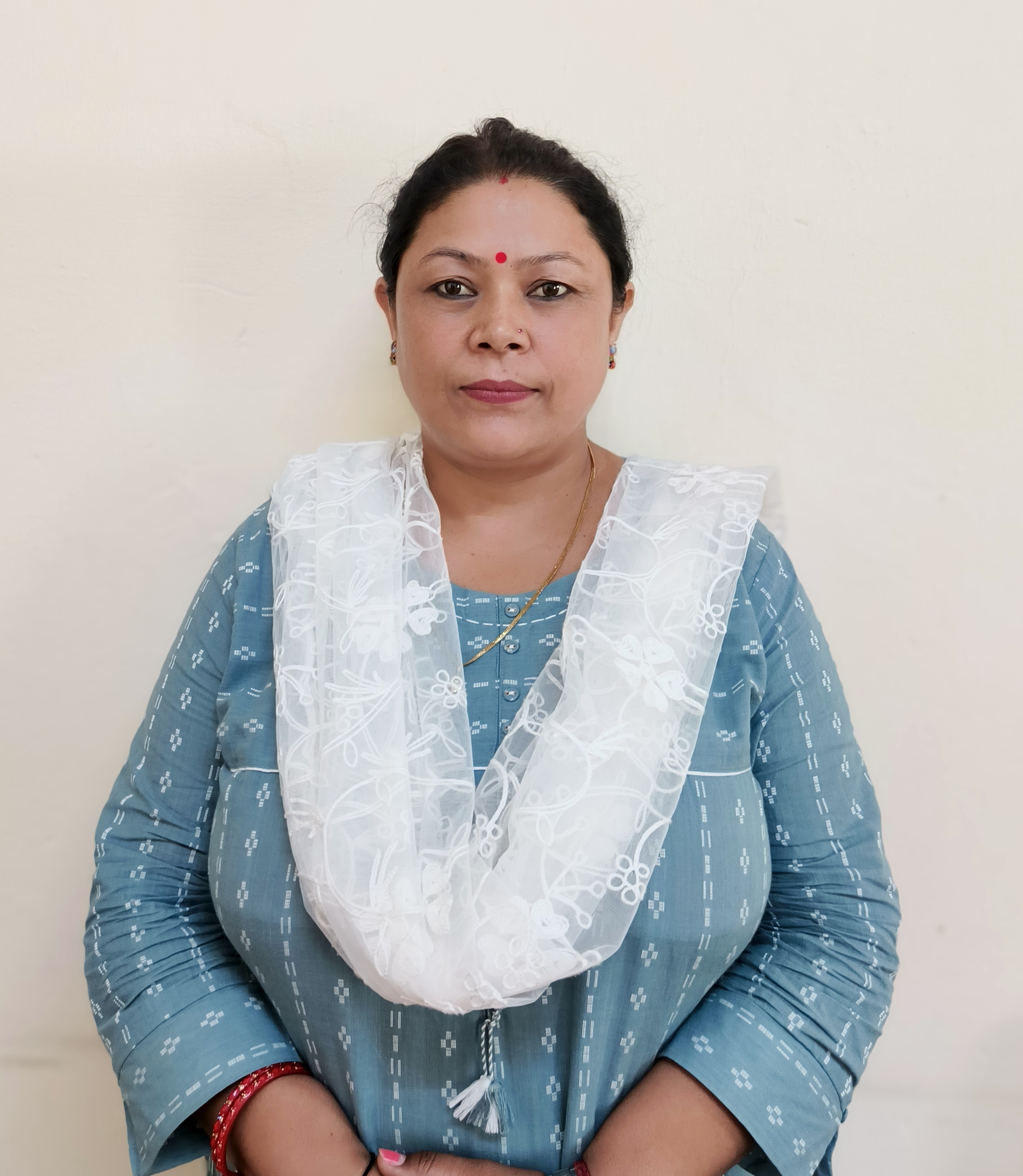Department of Sociology
About the Department
The discipline of sociology focuses on the study of society, human behaviour, and social institutions.
It explores how individuals interact within groups, how societies function, and how social structures
influence behaviour, culture, and change. Sociology is the most contemporary and versatile discipline
of the Social Sciences. Department of Sociology established at Govt. College Rampur Bushahr in the
year 1959 with the inception of the college along with other subjects of Bachelor of Arts. Since then,
due the to the concerted efforts of faculty with a vision to impart morality, ethics and scientific
knowledge about the discipline of sociology. The faculty is striving hard to motivate students to learn
sociology by developing competencies and skills among the students for their holistic development.
The department offers both undergraduate and post graduate programmes in sociology. There is an
exponential growth in the enrolment of the students.
At Present the department has the strength of 621 students in DSC and DSE Programme, and 120
students in GE courses of BA Sociology. In the year 2017 MA in Sociology was started with 20
students enrolled for the programme and at present there are 40 seats in the department for MA
Sociology and a total number of 75 students are enrolled in this programme for the session.
The department offers a wide spectrum of courses spread over three years in BA programme and Four
semester in MA programme in order to equip the students with skills and sociological knowledge. The
course curriculum has both academic and societal relevance incorporating contemporary issues. It
endeavours to equip them to take part in wide range career paths upon graduating.
Vision:
To foster critical thinking, intellectual curiosity, and social responsibility among students, empowering
them to analyse and address complex social issues.
Mission:
To provide high-quality education, research, and community engagement opportunities that advance
sociological knowledge, promote social justice, and enrich students' understanding of the world.
Objectives:
The objective of the course is to impart scientific knowledge about the discipline and to equip the
students with innovative skills, scientific aptitude and creativity.
Foster a deeper understanding of social structures, institutions, and relationships. Encourage students
to engage with diverse perspectives and experiences. Prepare students for careers in social research,
policy, advocacy, and community development.
Outcome
Studying sociology leads to outcomes like developing a critical understanding of social issues, the
ability to analyse social phenomena using theoretical frameworks, a grasp of social structures and
power dynamics, skills in research methods, and the capacity to apply sociological insights to real-
world problems, often preparing graduates for careers in social services, research, government, or
community organizations. The course curriculum has both academic and societal relevance
incorporating contemporary issues.
Key outcomes of studying sociology include:
Critical thinking skills:
The ability to question taken-for-granted assumptions about society and analyze social issues from
multiple perspectives.
Theoretical understanding:
Familiarity with major sociological theories and applying them to explain social phenomena like
social inequality, gender roles, race relations, and social change.
Research methods competency:
Acquiring skills in data collection, analysis, and interpretation using qualitative and quantitative
methods.
Social awareness:
A deeper understanding of social structures, institutions, and how they impact individuals and groups.
Social problem analysis:
Identifying and analysing complex social issues like poverty, crime, discrimination, and
environmental degradation.
Communication skills:
Effectively communicating complex social concepts both verbally and in writing.
Social responsibility:
Developing a sense of social responsibility and the ability to engage with social issues in a
constructive way.
Potential career paths for sociology graduates:
Social research: Conducting research for government agencies, non-profit organizations, or
academic institutions
Community organizing: Advocating for social change through community mobilization
Policy analysis: Evaluating social policies and proposing solutions to social problems
Teaching: Educating students at the primary, secondary, or college level
Administrative services: Qualifying Competitive exams to serve the society
Business and marketing: Applying sociological insights to understand consumer behaviour
and market dynamics.
Extension Activity Programme


